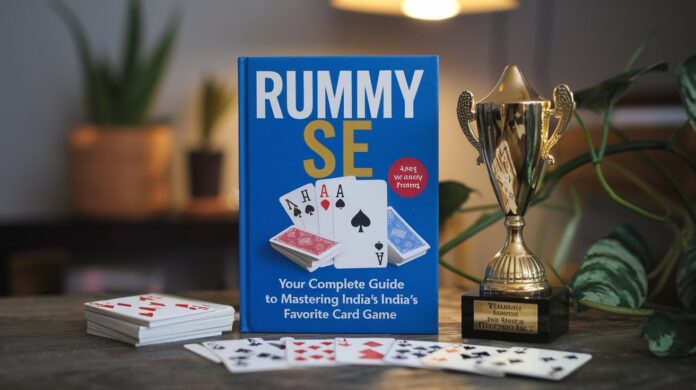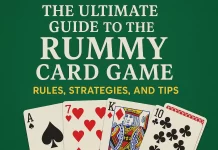Rummy has captivated card game enthusiasts for generations, evolving from a simple family pastime to one of the most popular online games in India. Whether you’re a complete beginner looking to learn the basics or an experienced player seeking advanced strategies, this comprehensive guide will transform your understanding of rummy and elevate your gameplay to new heights.
What is Rummy? Understanding the Fundamentals
Rummy is a skill-based card game that combines strategy, memory, and quick decision-making. The primary objective is to arrange your cards into valid sequences and sets before your opponents do. Unlike games purely based on luck, rummy rewards players who can think strategically, observe patterns, and make calculated moves.
The game’s popularity has skyrocketed in recent years, particularly with the advent of online platforms that allow players to compete against others from around the world. What makes rummy particularly appealing is its perfect balance of simplicity and complexity – easy enough for beginners to learn quickly, yet sophisticated enough to keep seasoned players engaged for years.
Essential Rummy Rules Every Player Must Know
Basic Game Setup
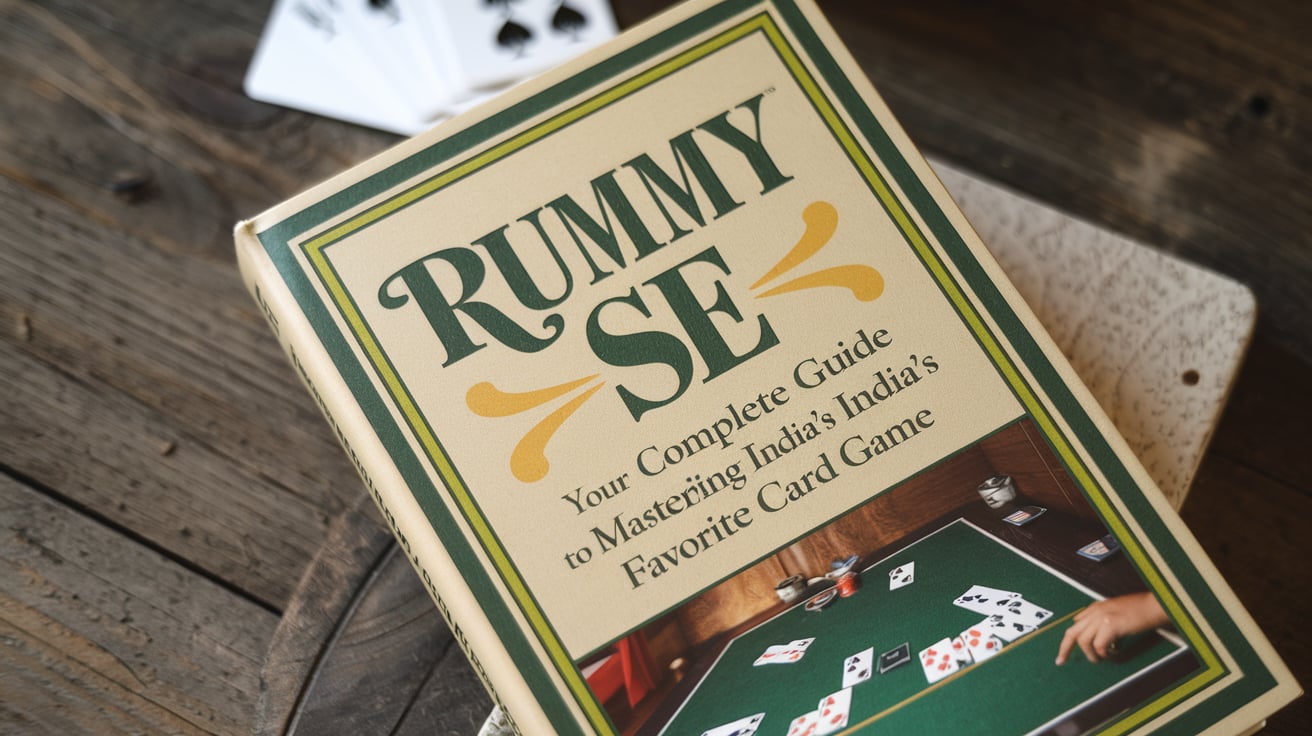
A standard rummy game is played with 52 cards plus jokers, typically accommodating 2 to 6 players. Each player receives 13 cards (10 cards in some variants), and the remaining cards form the stock pile. One card is placed face-up to start the discard pile, while the rest remain face-down as the draw pile.
Core Gameplay Mechanics
The game proceeds in turns, with each player following a simple pattern:
- Draw a card from either the draw pile or discard pile
- Arrange cards to form valid combinations
- Discard one unwanted card to the discard pile
Valid Combinations: Sets and Sequences
Understanding valid combinations is crucial for success in rummy:
Pure Sequence: Three or more consecutive cards of the same suit without using a joker (e.g., 4♠ 5♠ 6♠). Every valid declaration must include at least one pure sequence.
Impure Sequence: Three or more consecutive cards of the same suit, where one or more cards are replaced by jokers (e.g., 4♠ Joker 6♠).
Set: Three or four cards of the same rank but different suits (e.g., 7♠ 7♥ 7♣). Sets can include jokers as substitutes.
The Role of Jokers
Jokers are game-changers in rummy, serving as wild cards that can substitute for any missing card in sequences and sets. There are two types of jokers:
- Printed Jokers: The joker cards that come with the deck
- Wild Card Jokers: A randomly selected card that acts as a joker for that particular game
Winning Strategies That Actually Work
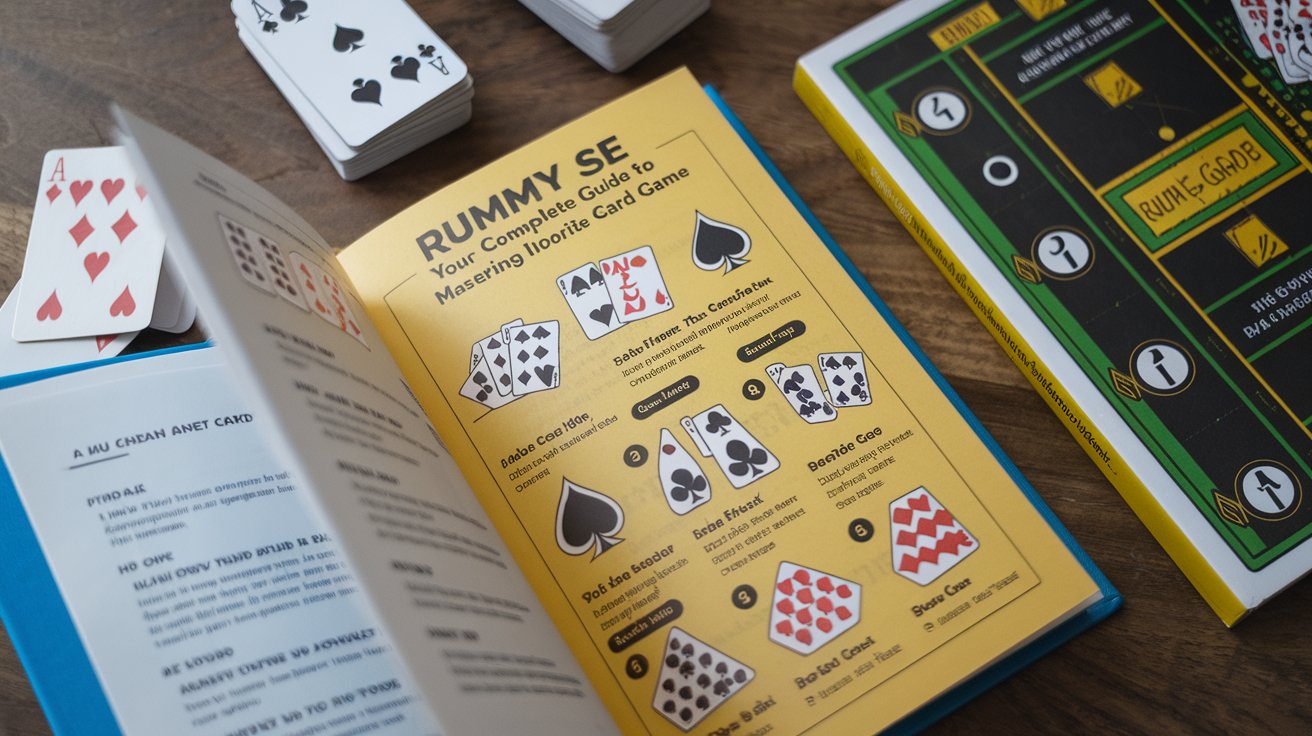
1. Prioritize Pure Sequences
The foundation of any winning rummy hand is a pure sequence. Without at least one pure sequence, your declaration will be invalid regardless of other combinations you form. Make this your first priority in every game.
2. Smart Joker Management
Use jokers to complete high-point sets or sequences, allowing you to reduce the points you hold in your hand in case your opponent wins. Avoid using jokers in pure sequences, as this defeats their purpose and wastes their flexibility.
3. Observe Your Opponents
Pay close attention to the cards your opponents pick and discard. This information reveals valuable insights about their hand composition and strategy. If an opponent consistently discards cards from a particular suit, they’re likely not working on sequences in that suit.
4. Middle Card Advantage
Cards with ranks between 4 and 9 offer maximum flexibility for forming sequences. They can connect with cards on both sides, giving you more options for completing combinations compared to extreme values like Ace or King.
5. High-Value Card Management
High-value cards (face cards and 10s) carry significant penalty points. If these cards don’t fit into your sequences or sets early in the game, consider discarding them to minimize potential losses.
Advanced Techniques for Serious Players
Card Counting and Memory
Successful rummy players develop strong memory skills to track discarded cards. This helps predict which cards are likely to appear and which combinations are no longer possible to complete.
Bluffing and Misdirection
Strategic discarding can mislead opponents about your hand composition. For example, discarding a card that could complete a visible sequence might make opponents think you’re not working on that particular combination.
Probability Calculations
Understanding basic probability helps in making informed decisions. For instance, if you need a specific card and haven’t seen it among discarded cards, calculate the likelihood of drawing it from the remaining deck.
Different Rummy Variants to Explore
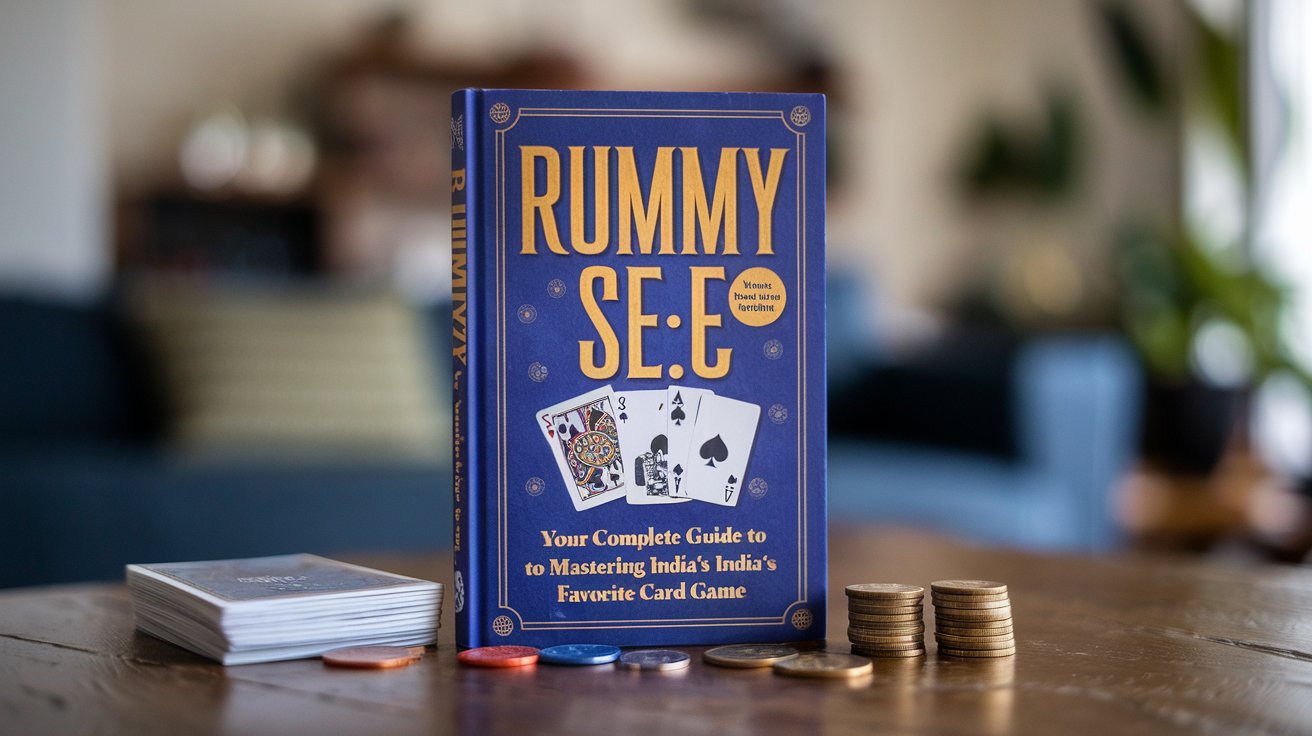
Points Rummy
The most popular online variant where each game is a complete round. Players play for points with a predetermined rupee value, and the winner takes all chips from losing players.
Pool Rummy
Players contribute to a prize pool, and elimination occurs when someone reaches the maximum point limit (101 or 201 points). The last remaining player wins the entire pool.
Deals Rummy
A fixed number of deals are played, and the player with the lowest total score across all deals wins. This variant emphasizes consistency over individual game performance.
21 Cards Rummy
A more complex variant using 21 cards per player instead of 13. This version includes additional rules like Marriage (same suit King-Queen combination) and requires more strategic planning.
Common Mistakes That Cost Players Games
Holding Too Many High-Value Cards
New players often hold onto face cards hoping to form sets, but this strategy increases penalty risk. Learn to let go of high-value cards that don’t contribute to immediate sequences.
Ignoring Pure Sequence Requirements
Focusing solely on sets while neglecting pure sequences leads to invalid declarations. Always ensure you have at least one pure sequence before pursuing other combinations.
Poor Joker Utilization
Using jokers in low-value combinations or pure sequences wastes their potential. Reserve jokers for high-value sets or completing crucial impure sequences.
Predictable Discarding Patterns
Consistently discarding from the same suit or value range makes your strategy transparent to observant opponents. Vary your discarding pattern to maintain unpredictability.
The Psychology of Rummy: Mental Game Strategies
Patience and Discipline
Rummy rewards patient players who wait for the right opportunities rather than rushing into suboptimal plays. The best strategy is to aim for melds that have the best chance for completion, even if it means holding onto cards longer.
Emotional Control
Maintaining composure during losing streaks or when dealt poor hands is crucial. Emotional decisions often lead to costly mistakes that compound losses.
Risk Assessment
Every move in rummy involves calculated risks. Successful players continuously evaluate whether the potential reward justifies the risk of each decision.
Building Your Rummy Skills: Practice Methods
Start with Free Games
Before investing money in cash games, build confidence and skills through free practice games. Most online platforms offer extensive practice modes.
Study Hand Patterns
Analyze your completed games to identify recurring patterns in winning and losing hands. This retrospective analysis reveals personal strengths and weaknesses.
Watch Expert Players
Observing experienced players provides insights into advanced strategies and decision-making processes that might not be immediately obvious.
The Future of Rummy Gaming
The digital revolution has transformed rummy from kitchen table games to sophisticated online platforms with millions of players. Modern rummy platforms offer features like:
- Real-time multiplayer competitions
- Tournament formats with substantial prize pools
- Mobile-friendly interfaces for gaming on the go
- Advanced security measures ensuring fair play
- Social features connecting players worldwide
Artificial intelligence and machine learning are also beginning to influence rummy platforms, providing personalized recommendations and helping players improve their strategies through data analysis.
Legal Aspects and Responsible Gaming
Rummy’s classification as a skill-based game rather than gambling has been established through various court rulings in India. However, players should always:
- Play on licensed and regulated platforms
- Set spending limits and stick to them
- Take regular breaks to avoid addiction
- Understand local laws regarding online gaming
- Practice responsible gaming habits
Conclusion: Your Journey to Rummy Mastery
Mastering rummy requires dedication, practice, and continuous learning. The combination of luck, skill, and strategy makes every game unique and challenging. Whether you’re playing for entertainment or competing in tournaments, the principles outlined in this guide will significantly improve your gameplay.
Remember that becoming proficient at rummy is a gradual process. Start with understanding the basic rules, practice regularly, learn from your mistakes, and gradually incorporate advanced strategies. With patience and persistence, you’ll develop the skills necessary to compete with confidence against players of all levels.
The world of rummy offers endless opportunities for improvement and enjoyment. Embrace the challenge, enjoy the process, and let your skills develop naturally through consistent practice and strategic thinking.
Ready to start your rummy journey? Begin with free practice games to build your foundation, then gradually progress to more competitive formats as your confidence grows. The key to success in rummy lies not just in understanding the rules, but in developing the strategic mindset that separates good players from great ones.

Zareb Saleh is a journalist at Gulf Today and a ghostwriter for Gameoholic, specializing in gaming, technology, and digital culture. With a keen eye for industry trends, he delivers insightful stories that engage and inform readers.

